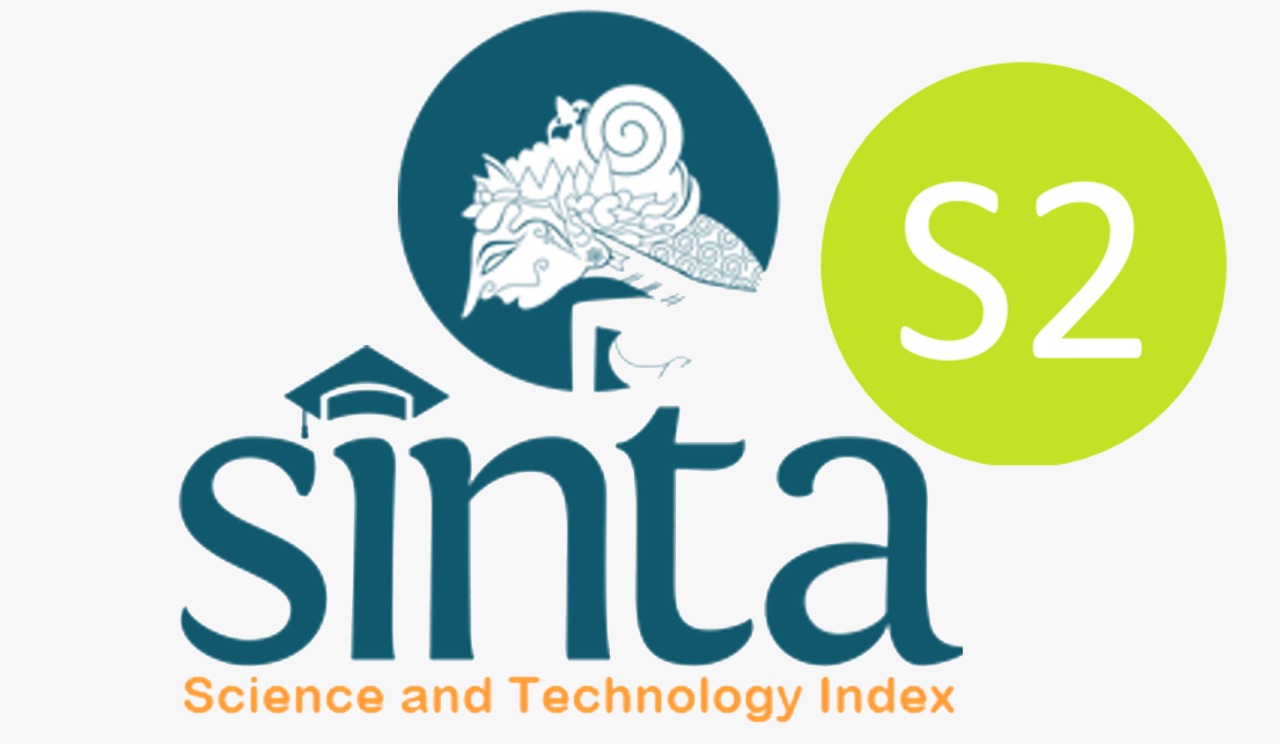THE PHENOMENON OF GREEN TRADE PROTECTIONISM: ANALYSIS OF THE EU PALM OIL IMPORT BAN IN THE ASEAN REGION
Downloads
Introduction: The policy issued by the European Union is the Renewable Energy Directive (RED) that turn creates barriers to palm oil exports from other countries to the European Union. The policy to ban palm oil under the pretext of protecting the environment is considered to be a new obstacle to trade. One of the rejection responses came from the ASEAN region. However, even though it has received a lot of protests and rejections, until 2020 the European Union has not changed its policy regarding the ban on the use of palm oil for biodiesel in the European region.
Methods: This article focuses on the reasons for the European Union implementing protectionism policies towards the Palm Oil sector in the ASEAN region. The explanation regarding this focus is explained using the Neo Mercantilism approach.
Results: The policy to ban palm oil imports can be analyzed to respond to the EU's ambition and concern that the climate emergency will jeopardize the trade process in the future. The European Union research group considers that oil palm plants have a high contribution to the problem of deforestation and forest and peatland diversion in the world, especially ASEAN. Howeever, it can also be seen that there are ambitions to protect the domestic production of biofuels from the EU sunflower and radishes from global competition. The above concerns and motivations then prompted the European Union to formulate protectionism for regional economic stability.
Conclusion and suggestion: ASEAN, especially Indonesia and Malaysia, have become quite vocal actors in responding to this policy. Indonesia and Malaysia are the biggest contributors of palm oil exports to Europe. As well as causing an oversupply of global palm oil supplies, this policy is considered to discriminate against and violate free-trade norms.Arfani, R. N. (2012, March 1). Praktek New-Protectionism dalam Perdagangan Dunia: Pemanfaatan Isu Lingkungan dalam Perdagangan Kayu Indonesia-Amerika Serikat. MONOGRAPH SERIES:, p. 1.
Arie, R. A. (2020). The impact of the European Union (EU) renewable energy directive policy on the management of Indonesian palm oil industry. IOP Conference Series: Earth and Environmental Science, 1-7.
Arief, R. A. (2020). The impact of the European Union (EU) renewable energy directive policy on the management of Indonesian palm oil industry. IOP Conference Series: Earth and Environmental Science.
Barthe, M. (2018). Study on the environmental impact of palm oil consumption and on existing sustainability standards . Brussels: European Commission, DG Environment .
BBCNews. (2019, March 23). Kelapa sawit, ancaman perang dagang RI-Uni Eropa dan enam hal lainnya. Retrieved December 2020, from BBC News: https://www.bbc.com/indonesia/indonesia-47663602
Beattie, A. (2019, Desember 11). Is the EU's green policy protecting the planet or European industry? Retrieved Januari 12, 2021, from Financial Times: https://www.ft.com/content/0432eb26-15f2-11ea-9ee4-11f260415385
Bechtel, M. M. (2010). The Green Side of Protectionism: Environmental Concerns and Three Facets of Trade Policy Preferences . Review of International Political Economy, 1-30.
BPDP. (2018, Nov 19). Indonesia Files Complaint Over RED II in WTO. Retrieved Januari 23, 2021, from bpdp.or.id: https://www.bpdp.or.id/en/Indonesia-Files-Complaint-Over-RED-II-in-WTO
Christiningrum, R. (2018, Februari). Dampak Pelarangan Ekspor Sawit ke Uni. BULETIN APBN, 3-8.
Deringer, H. (2019). Europe and South-East Asia: Shifting from Diplomacy to Unilateralism. Societal and Economic Transformation of Asia at ECIPE.
Deringer, H., Lee-Makiyama, H., & Murty, D. (2019). Europe and South-East Asia: Shifting from Diplomacy to Unilateralism. Societal and Economic Transformation of Asia.
Dewi, R. (2013). Implementasi Renewable Energy Directive Uni Eropa Sebagai Hambatan Non Tarif Perdagangan. Interdependence Journal Hubungan Internasional, 150.
Dewi, R. (2013, Mei-Agustus). Implementasi Renewable Energy Directive Uni Eropa Sebagai Hambatan Non Tarif Perdagangan. Interdependence Journal Hubungan Internasional, 150.
EEAS, E. E. (2013). Isu-Isu Kebijakan Perdagangan. Retrieved January 2021, from Delegasi Uni Eropa untuk Indonesia dan Brunei Darussalam: http://eeas.europa.eu/delegations/indonesia/eu_indonesia/trade_relation/trade_policy_issues/index_id.htm
Erickson, F. (2009). Green Protectionism in the European Union: How Europe's Biofuels Policy and the Renewable Energy Directive Violate WTO Commitments. ECIPE Occasional Paper.
Erixon, F. (2009). Green Protectionism in the European Union:How Europe's Biofuels Policy and the Renewable Energy. ECIPE OCCASIONAL PAPER, 2-31.
European Commission. (2018). Renewable Energy – Recast to 2030 (RED II). Brussels: European Commission.
Fischer, C., & Meyer, T. (2020). Baptists and Bootleggers in the Biodiesel Trade: EU–Biodiesel (Indonesia). World Trade Review .
Gilpin, R. (1987). The Political Economy of International Relations. New Jersey: Princeton University Press.
Hettne, B. (1993). Neo-Mercantilism:: The Pursuit of Regionness. Cooperation and Conflict. 1993;28(3):211-232., 211-232.
ISCC. (2018, Oktober 07). Winners and losers from the proposed ban on palm oil. Retrieved Januari 22, 2021, from International Sustainability & Carbon Certification: https://www.iscc-system.org/eco-business-winners-and-losers-from-the-proposed-ban-on-palm-oil/#:~:text=In%20January%2C%20the%20European%20Parliament,in%20mainly%20Indonesia%20and%20Malaysia.&text=First%20of%20all%2C%20the%20exports,somewhat%20and%20so%20w
Jefferson, N. (2019, May). EU's Palm Oil Challenge: How Should Singapore Respond? RSIS Commentary.
Kartika, I. T. (2016). Interaksi Kebijakan Renewable Energy Directive dan Kebijakan Indonesian Sustainable Palm Oil terhadap Ekspor Kelapa Sawit Indonesia ke Uni Eropa. Retrieved January 2021, from Universitas Hasanuddin: https://core.ac.uk/download/pdf/77626632.pdf
Lottici, M. V. (2014). "Green Trade Protectionism": An Analysis of Three New Issues that Affect Developing Countries. Chinese Journal of Urban and Environmental Studies Vol. 02, No. 02.
Ng, J. (2019, May 10). EU's Palm Oil Challenge: How Should Singapore Respond? RSIS Commentary.
Purba, H. J., Sinaga, B. M., Novianti, T., & Kustiari, R. (2018, September). DAMPAK KEBIJAKAN PERDAGANGAN TERHADAP PENGEMBANGAN INDUSTRI BIODIESEL INDONESIA. Jurnal Agro Ekonomi, 36, 51-74.
Roda, J.-M. (2019, Juli 08). The geopolitics of palm oil and deforestation. Retrieved Januari 22, 2021, from The Jakarta Post: https://www.thejakartapost.com/academia/2019/07/08/the-geopolitics-of-palm-oil-and-deforestation.html
Russell, M. (2020). Palm oil: Economic and environmental impacts. Strasbourg: European Parliamentary Research Service.
Suwarno, W. (2019, April-September). Kebijakan Sawit Uni Eropa dan Tantangan bagi Diplomasi Ekonomi Indonesia. Jurnal Hubungan Internasional.
Wahab, A. (2013). Ekonomi Internasional. Alauddin University Press.
Wahyudi, H. (2019). PENGGUNAAN RENEWABLE ENERGY DIRECTIVE OLEH UNI EROPA UNTUK MENEKANKAN PENOLAKAN IMPOR CRUDE PALM OIL INDONESIA. Jurnal Dinamika Pemerintahan , 93.
The journal allows the author to hold the copyright of the article without restrictions.
The journal allows the author(s) to retain publishing rights without restrictions
The legal formal aspect of journal publication accessibility refers to Creative Commons Attribution Share-Alike (CC BY-SA).
Jurnal Ekonomi dan Bisnis Airlangga (JEBA) is licensed under a Creative Commons Attribution-ShareAlike 4.0 International License

















